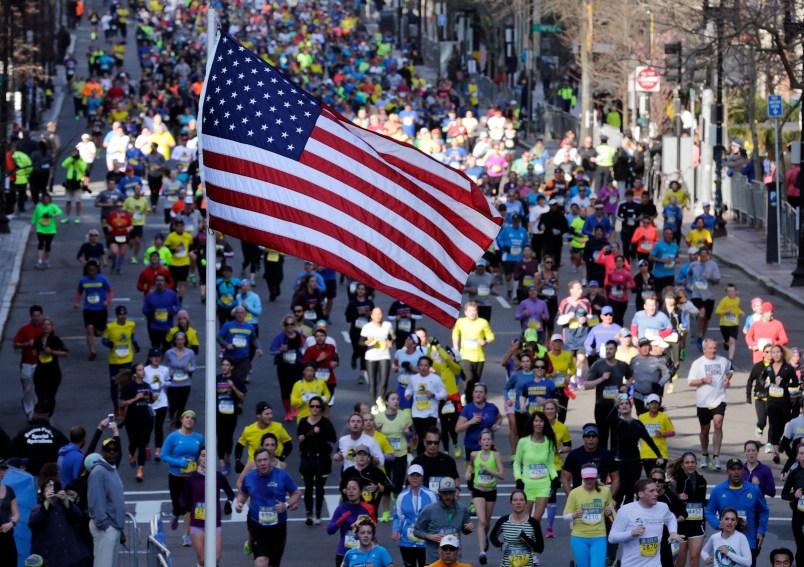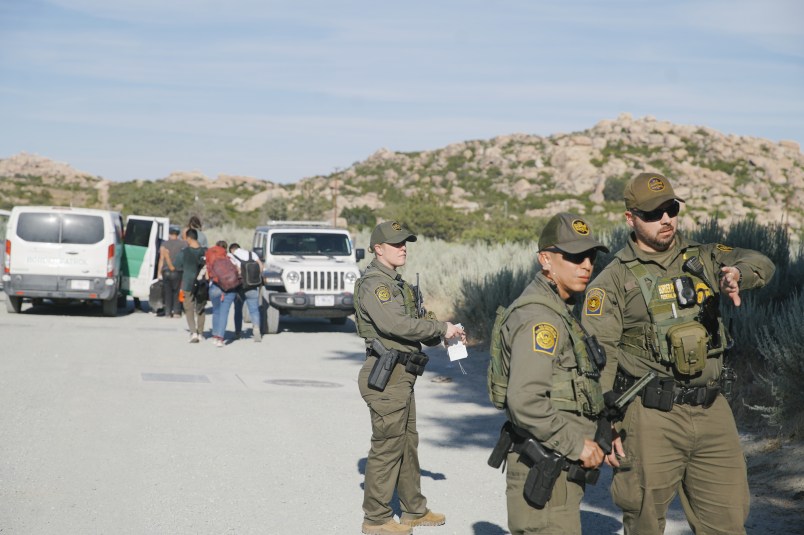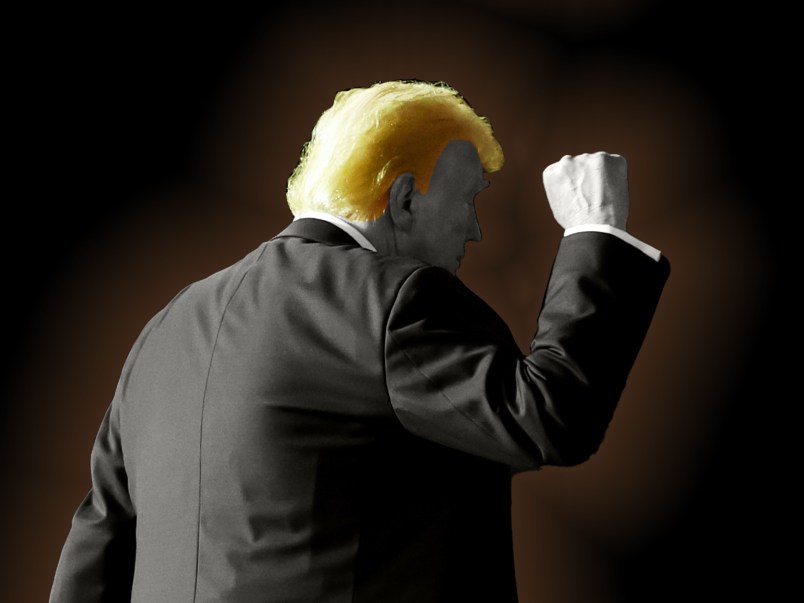Even before the tragic 2013 bombings that cemented this connection in our collective consciousness, Patriots’ Day—the unique holiday dedicated to the Lexington and Concord Minutemen and celebrated only in Massachusetts and Maine, although also apparently observed in, of all places, the Wisconsin public schools—had come to be known mostly as the occasion for the annual running of the Boston Marathon. (Well, that and the cause of the only Major League baseball game all season to start before noon.) And indeed no association of a sporting event with a specific occasion is more longstanding in America; the holiday was first celebrated in 1894, and the first Boston Marathon was run on Patriots’ Day only three years later.
Yet if we push our sense of Patriots’ Day beyond Marathon Monday, and beyond as well those already well-remembered Minutemen and their shot heard ‘round the world, we can engage with a couple other significant 19th century contexts, both regional and national, for the holiday—and then consider other ways we might celebrate it in the 21st century.
For one thing, there’s the public holiday Patriots’ Day replaced in both Massachusetts (in 1894) and Maine (in 1907): Fast Day. “A day of public fasting and prayer” that was observed throughout New England from the late 17th century on, and continued to be observed in New Hampshire through 1991, Fast Day reminds us of just how close many New England states were to theocracies, not only in their colonial origins but for much of American history thereafter. Many histories and practices reflect this close, often symbiotic relationship between church and state in New England, including the long tradition of the “Election Day sermon.” But a public holiday dedicated to fasting and prayer, and one celebrated in an American state less than 25 years ago? That’s a particularly complex and telling regional context, and one Patriots’ Day can help us remember.
When Massachusetts Governor Frederic Greenhalge proclaimed the first Patriots’ Day on April 19th, 1894, he did so through an important dual historical context of his own: linking the holiday not only to the Revolutionary War Battles of Lexington and Concord, but also and crucially to the Baltimore Riot of 1861 (which also took place on April 19th), considered one of the first conflicts of the Civil War. The holiday could thus, Greenhalge noted, help us commemorate “the anniversary of the birth of liberty and union.”
Yet just as has been the case with the Liberty Bell (which only became a prominent American icon through the efforts of early 19th century abolitionists) and the Statue of Liberty (which was initially intended by its creator Edouard de Laboulaye to pay tribute to Abraham Lincoln and the abolition of slavery), the Civil War contexts for Patriots’ Day faded over time, and in 1938 the Massachusetts state legislature officially rededicated the holiday to only “the opening events of the War of the Revolution.”
Better remembering those Civil War contexts would be one important way to extend our 21st century celebrations of Patriots’ Day. We could thus link the holiday not only to the Minutemen but also to additional New England patriots, figures such as William Lloyd Garrison, Frederick Douglass and Robert Gould Shaw. In their own way, moreover, each of those figures linked his patriotic activism to religious belief and practice, offering us alternative American images of public and civic religion and occasions like Fast Day.
Finally, with such connections in mind we might also consider the holiday an opportunity to remember civic patriots from across American history, figures whose contributions to our community and identity deserve such public commemoration as well. The holiday’s on the books already, at least up here in New England—why not find ways to build on its original purpose and make it a truly national commemoration? Don’t worry, Heartbreak Hill and the 11am Sox game can still happen too.
Ben Railton is an Associate Professor of English at Fitchburg State University and a member of the Scholars Strategy Network.










If you want a Patriots Day, make it April the 15th – and mark who the patriots are, i.e. the ones who dutifully pay their taxes to run this country like patriotic Americans…
…and, by their absence, the ones who do not and are not.
I didn’t even know this thing existed. Does that make me a Commie?